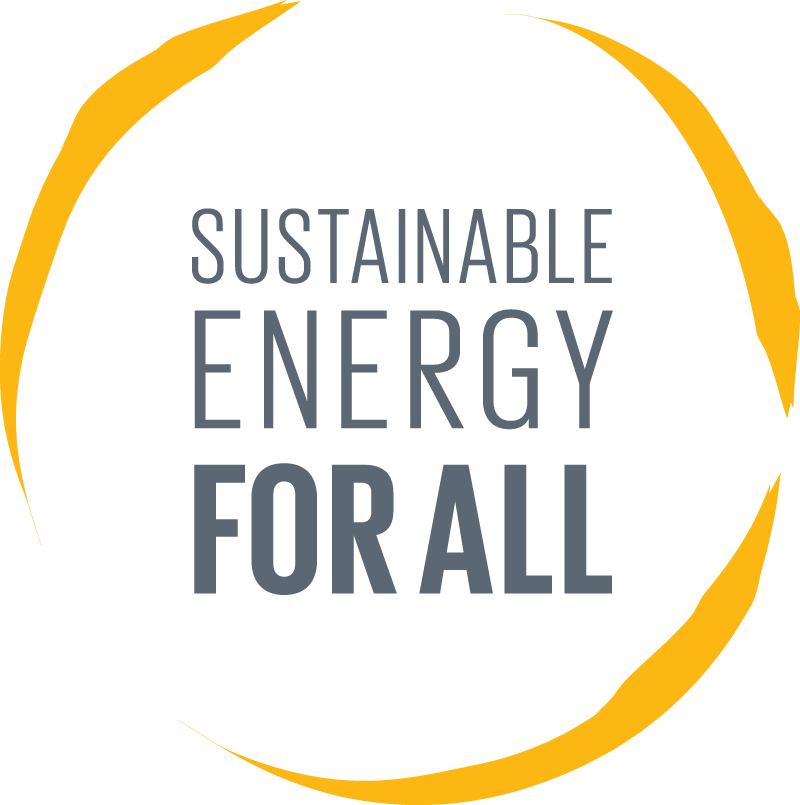DATE & TIME
Wednesday, 27 October 2021
3:00pm - 6:00pm
VENUE
Virtual
Demand-side energy efficiency can be as valuable as controlling energy from its supply end. These could consist of both technological and behavioural change leading to savings in energy consumption without reducing consumer needs and level of comfort. In this, the government’s role is crucial for setting up the appropriate policies, programs, and incentive mechanisms to create a conducive environment that will encourage utilities, consumers, and other market players to increase their demand-side energy efficiency efforts. Measures such as managing the demand curve by utilities, like load shifting to level-off peak demand, and many new innovative technologies, solutions, and business models for energy efficiency in buildings, residences, among others are already available. These may be adopted by both the public and private sectors given the right investment conditions.
OBJECTIVE
The track session aims to:
1. Assess the issues and challenges and discuss the prospects of demand-side energy efficiency in buildings in Asia and the Pacific.
2. Present policy trends, innovative energy efficiency solutions and technologies and best practices that are applicable to ADB developing member countries (DMCs).
3. Discuss the critical role of governments and how it can lead in creating an enabling environment for the adoption of demand-side energy efficient solutions through, the financing of large public programs that create markets, demonstrate technology applications, and create an ecosystem of service providers.
4. Present processes in developing and designing viable business models and financing solutions to increase uptake, and replication of demand-side energy efficiency in buildings among ADB DMCs.
EVENT DESCRIPTION
This track will discuss the challenges of energy efficiency and how to create an enabling framework for promoting efficiency gains on the demand-side to save costs, reduce air pollution and curtail carbon footprint, by way of advanced clean technologies and solutions and the use of innovative business models and financing instruments.
Click HERE to register
AGENDA
Opening Remarks - Priyantha Wijayatunga, Chief of Energy Sector Group, Asian Development Bank
Closing Remarks - Vincent Low, SEAS Chairman – Energy Efficiency
Policy, Strategy, Role of the Public Sector
Moderator: Rosa Garcia, Energy Efficiency and Cooling Specialist,
Sustainable Energy for All (SEforALL)
Speakers:
- Alvin Jose, Principal Energy Specialist, Sustainable Energy for All (SEforALL)
- Katsuhiko Yamamoto General Manager, The Energy Conservation Center, Japan (ECCJ)
- Rajeev Ralhan, Executive Director, PricewaterhouseCoopers India
- Darryl Teo,Deputy Principal Engineer, National Environment Agency
Best Practices: Innovative Solutions and Technologies
Moderator: Joao Aleluia, Regional Clean Energy Specialist, Asian Development Bank (ADB)
Speakers:
- Lee Ang Seng, 1st Vice President, Singapore Green Building Council (SGBC)
- Peter Goh, Vice President, Sunseap Solutions
- S.P Garnaik, Executive Director (lighting) Energy Efficiency Services Ltd (EESL)
Financing and Business Models
Moderator: Rosa Garcia, Energy Efficiency and Cooling Specialist,
Sustainable Energy for All (SEforALL)
Speakers:
- Paveen Rojchanavisart, Project Manager, EGS-plan (Bangkok)
- Peter Lau, Director, Sustainable Development Capital (Asia) Limited
- Dr Søren Lütken, Chair, Global ESCO Network
Jointly Organised by
Asian Development Bank
The Asian Development Bank (ADB) is committed to achieving a prosperous, inclusive, resilient, and sustainable Asia and the Pacific, while sustaining its efforts to eradicate extreme poverty. It assists its members and partners by providing loans, technical assistance, grants, and equity investments to promote social and economic development.
Sustainable Energy Association of Singapore
The Sustainable Energy Association of Singapore (SEAS) represents the interests and provides a common platform for companies in Renewable Energy, Energy Efficiency, Carbon Management, e-mobility, smart grids and Financial Institutions to meet, discuss, collaborate and undertake viable projects together. The Association is a non-profit, non-government business association, and its mission is to assist its members in achieving sustainable growth locally and regionally through business and market development. SEAS plays a strategic role in supporting and promoting Singapore’s vision to be a global centre for sustainable energy, where products and solutions are developed and exported. For more information about what the association does and its services, please visit www.seas.org.sg.
Sustainable Energy for All
Sustainable Energy for All (SEforALL) is an international organization that works in partnership with the United Nations and leaders in government, the private sector, financial institutions, civil society and philanthropies to drive faster action towards the achievement of Sustainable Development Goal 7 (SDG7) – access to affordable, reliable, sustainable and modern energy for all by 2030 – in line with the Paris Agreement on climate.
SEforALL works to ensure a clean energy transition that leaves no one behind and brings new opportunities for everyone to fulfil their potential.
Former UN Secretary-General Ban Ki-moon launched the Sustainable Energy for All initiative in 2011. Now an independent organization, we maintain close links with the UN, including through a relationship agreement, partnerships with UN agencies and with SEforALL's CEO acting as the UN Secretary-General's Special Representative for Sustainable Energy for All and Co-Chair of UN-Energy.
Energy Conservation Centre, Japan
ECCJ, founded in 1978 as an incorporated non-profit organization supervised by METI, is responsible for promoting energy conservation and now also supporting carbon neutrality in all sectors, such as industry, commercial & transportation in Japan. ECCJ also promotes and disseminates energy conservation through the delivery of information not only in Japan but in developing countries through international cooperation.






